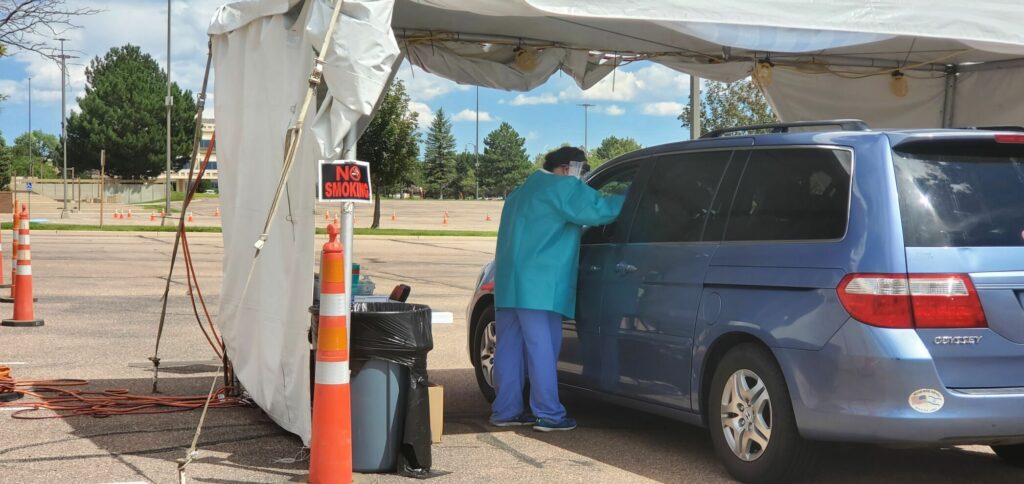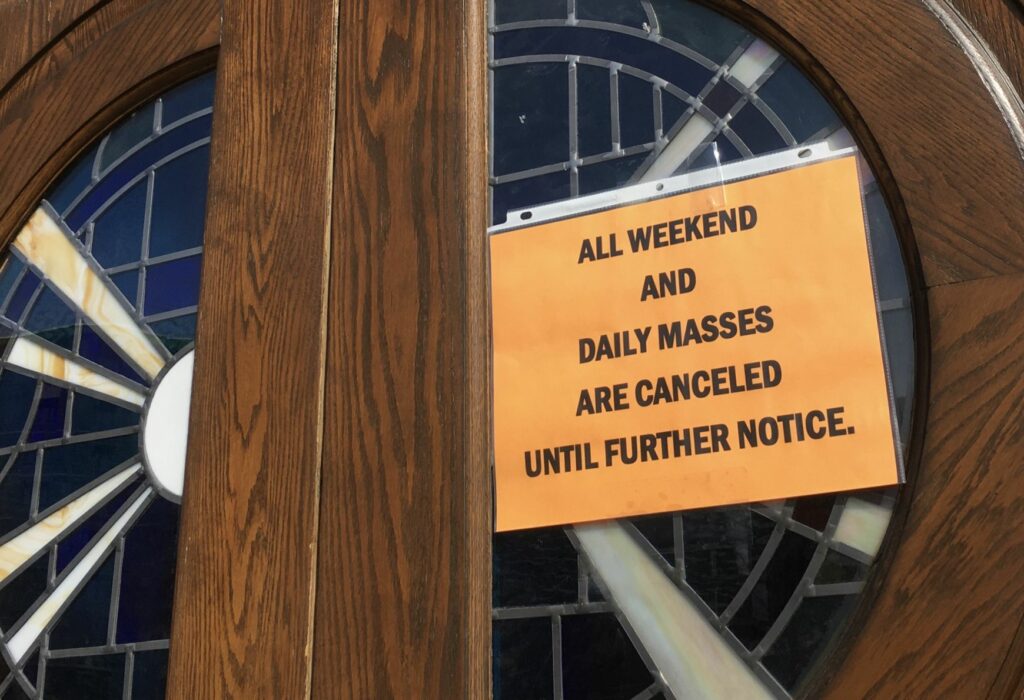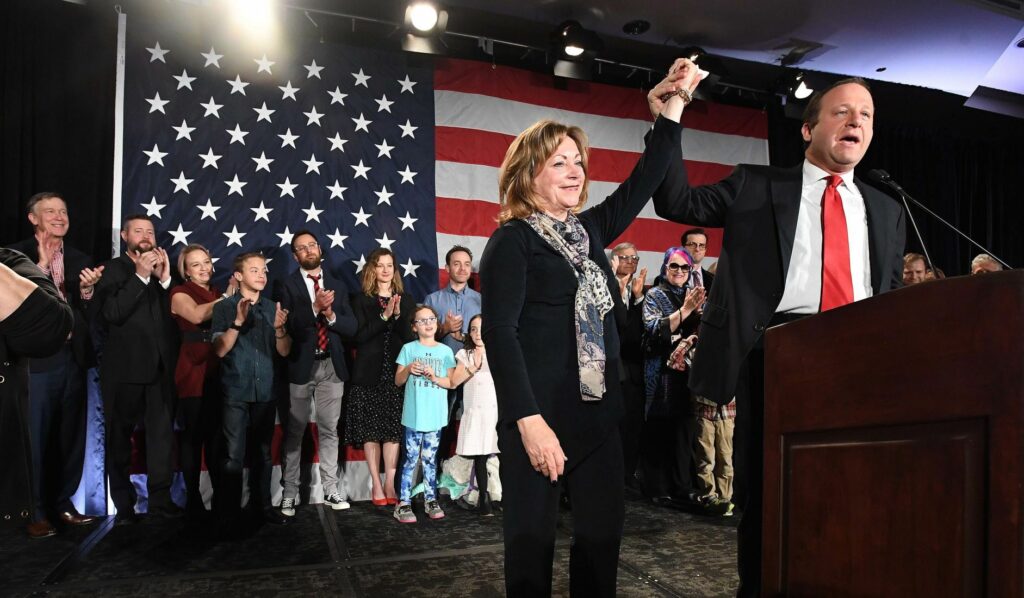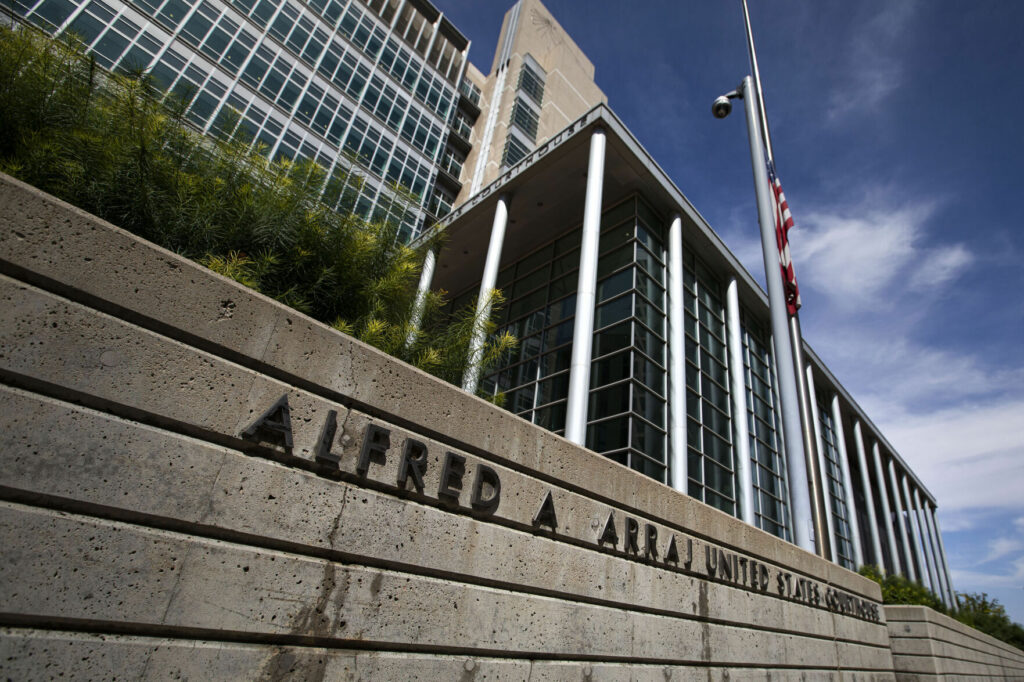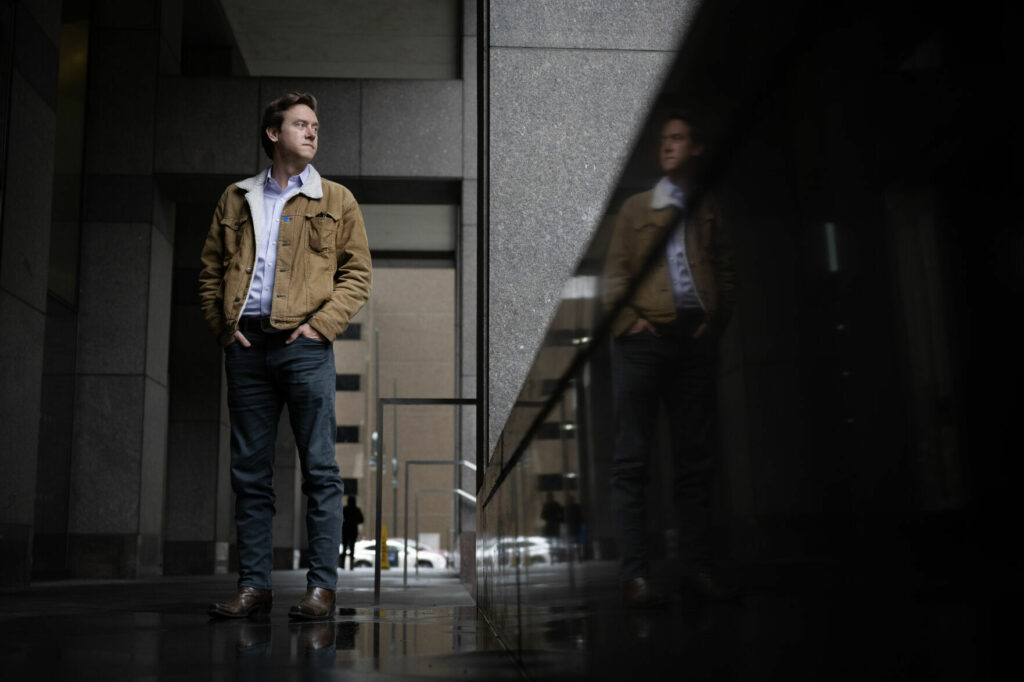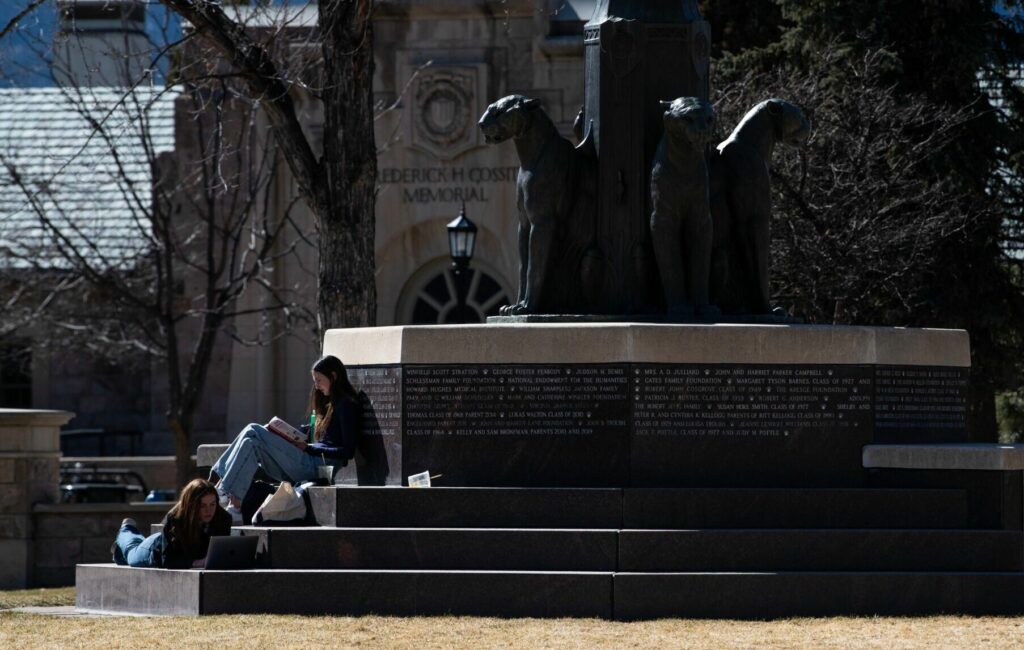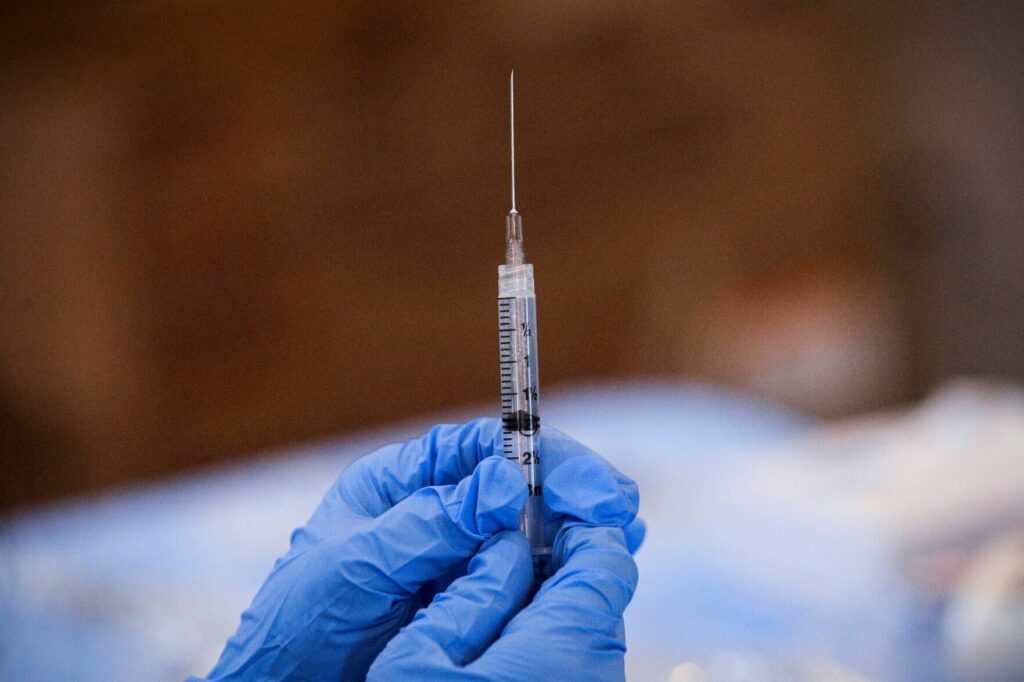More monoclonal treatment urged in Colorado to save lives, hospitalizations
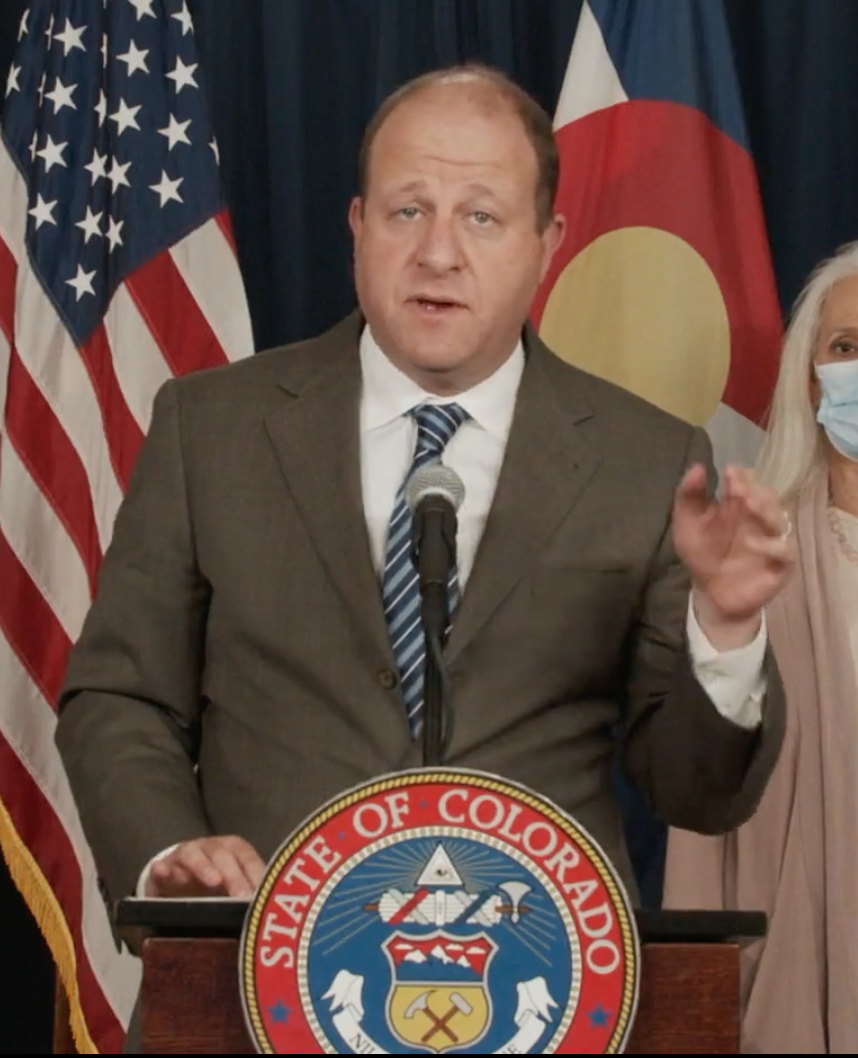
More than 200 COVID-19 deaths in Colorado can be avoided in the coming months if more sick residents are given monoclonal antibody treatments, state leaders said Friday, urging the use of the therapy to prevent mortality and avoid overwhelming the state’s hospital capacity next month.
The treatment, given via an IV infusion, is intended for at-risk people who were recently diagnosed with COVID-19 and are experiencing symptoms. When the Food and Drug Administration approved the drug, it found a 70% reduction in hospitalizations, and none of the patients who received the treatment as part of the clinical trials died from COVID-19. The antibodies are laboratory-made proteins created to stop the virus from attaching to and entering human cells, according to the FDA.
Colorado hospitals had to divert patients at unprecedented levels in October
Its use in Colorado has been somewhat limited, Gov. Jared Polis told reporters at a press conference Friday, because it remains relatively unknown. But as the state fights to slow the latest COVID-19 surge, which as projected may overtake hospital capacity by the end of next month, the governor has made improved administration of the drug a cornerstone of his response.
Rachel Herlihy, the state’s epidemiologist who spoke with Polis on Friday, showed data indicating that, on the state’s current trajectory, COVID-19 hospitalizations are set to blow past 2,000 patients in several weeks. That would make the worst level of the pandemic and would overwhelm current capacity.
But if 50% of Coloradans who are infected and are eligible to receive monoclonal antibodies do so, she continued, as many as 300 hospitalizations can be avoided between now and the end of the year. If that trend holds, more than 2,600 hospitalizations and 210 deaths can be avoided through February.
To be eligible to receive the treatment, an infected person must be at least 12 years old; experiencing mild to moderate symptoms; be within 10 days of the onset of those symptoms; and have certain risk factors, which includes people 65 or older and those with a variety of underlying health conditions. A full list of qualifying conditions can be found on the state’s website. The therapy must be provided before a patient is so ill they’ve been admitted into the hospital.
Polis said Friday the state was implementing an order to allow patients to receive the antibody treatment without a prior referral from another physician. He said he had also “challenged top providers to increase the number of doses given.”
El Paso County sees strong interest in pediatric vaccine
The state has already rolled out five mobile buses to deliver the therapy across the state, the governor said, and five more will be added by mid-December. In all, 161 providers are already approved statewide to provide the treatments.
The risk to the state’s health care system has grown worse each day. In just the past week, state experts had to release new more dire projections for the rest of the year, after previous estimates were surpassed within days of their release. Polis said Colorado was in a “very dire situation.”
El Paso County may see hospital pressure worsen, sets record for deaths this year in October
More information on how and where to receive monoclonal antibody treatments can be found via UCHealth’s website or via a tool provided Department of Public Health and Environment.



